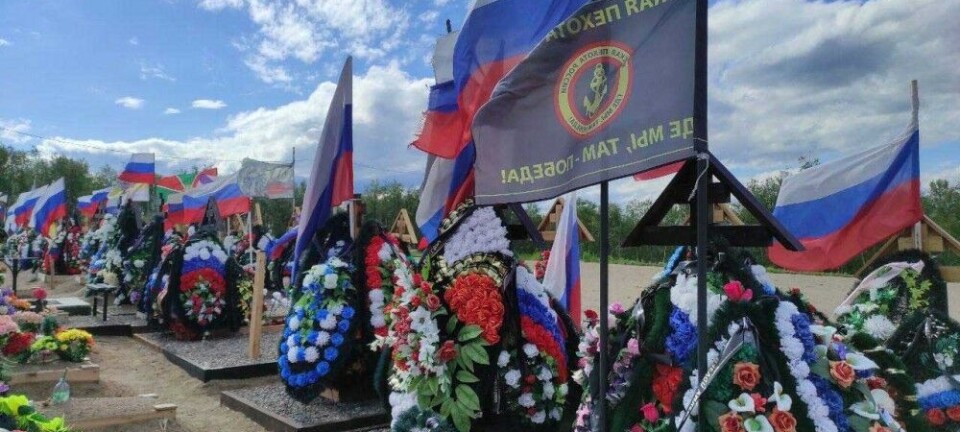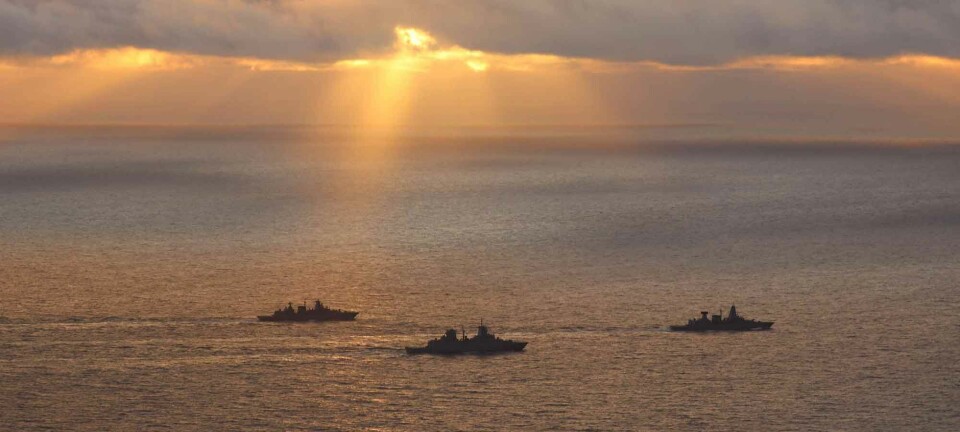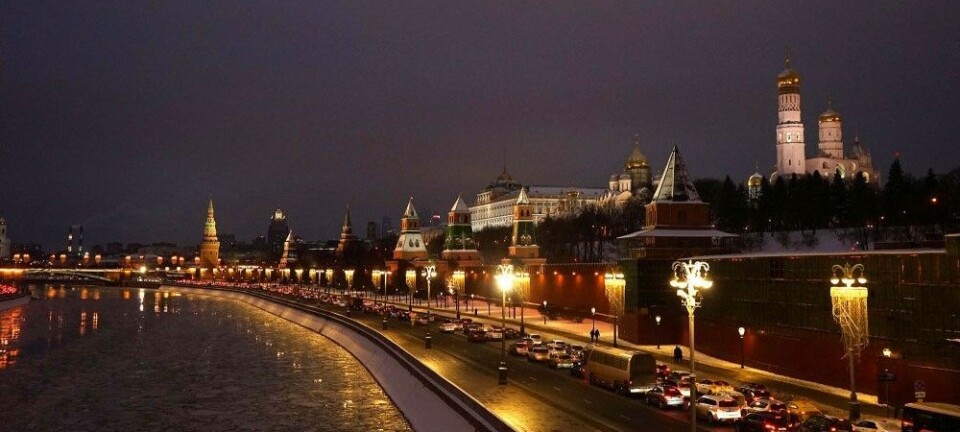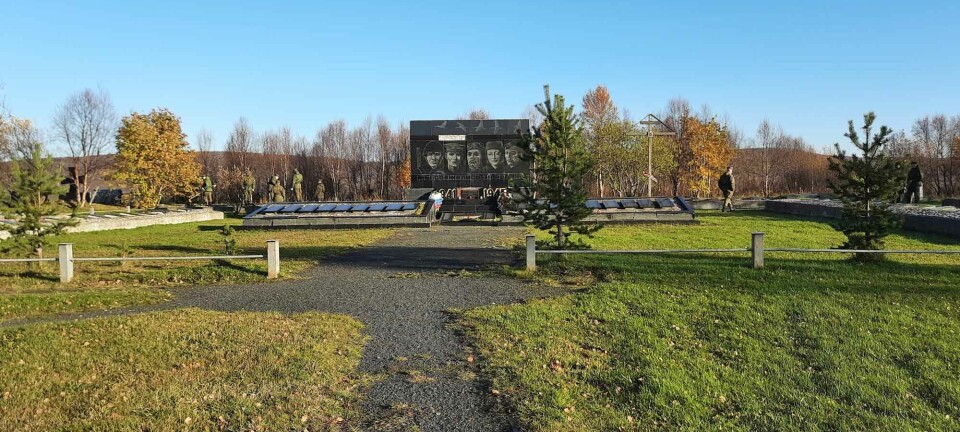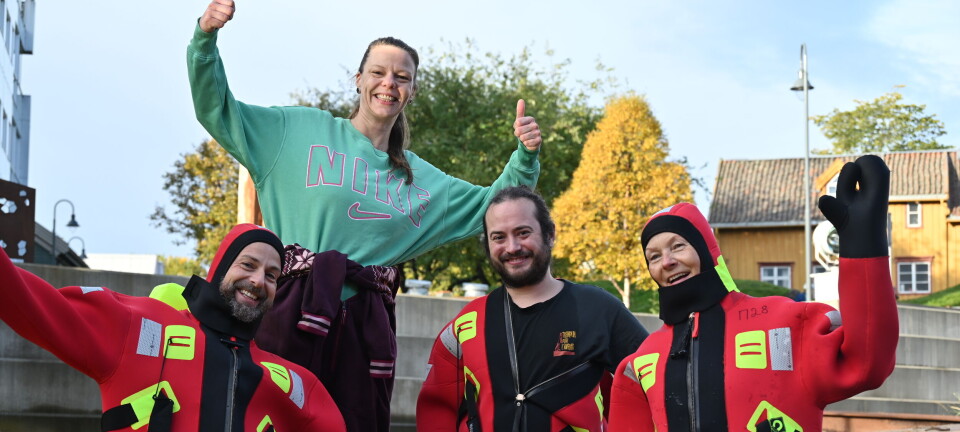Kirkenes to host top-level summit in 2013
KIRUNA: Prime Ministers of the four Barents countries plan to adopt a new Kirkenes Declaration when they meet in Kirkenes for the 20 years anniversary for the Barents cooperation.
- When we meet to celebrate the 20th anniversary of the Barents Euro-Arctic Cooperation in Kirkenes in 2013, it will be an occasion to look back and take stock, but first and foremost to look ahead at the challenges and opportunities presenting themselves in the next 20 years, Norway’s Foreign Minister Jonas Gahr Støre said at the recent Barents Euro-Arctic Council meeting in Kiruna, Sweden.
At the meeting, Norway took over the chairmanship in the Barents Euro-Arctic Council from Sweden.
Støre believes it will be called for a new Kirkenes Declaration after 20 years of an ever increasing practical and result-oriented cooperation, focusing on concrete results for the peoples and countries of the Barents region.
- We will adopt a Kirkenes II Decalration, where we aim at developing the Barents cooperation even further, Støre said.
The Barents cooperation was launched in 1993 when Sweden, Finland, Norway, Demark, Iceland, the Russian Federation, and the EU Commission signed the Kirkenes Declaration establishing the Barents Euro-Arctic Council at a Foreign Minister’s Conference in Kirkenes, Norway.
The members of the Barents Euro-Arctic Council are Denmark, Finland, Iceland, Norway, Russia, Sweden and the European Commission. The chair of the Barents Euro-Arctic Council rotates every second year between Finland, Norway, Russia and Sweden.
At the same time as the council was established, the Barents regions’ county governors and representatives of indigenous peoples signed a cooperation protocol establishing the Barents Regional Council. In Kiruna, the Swedish county of Norrbotten took over chairmanship in this council.
Sustainable development as the overall objective for the establishment of the Barents Euro-Arctic cooperation. The region was an area of military confrontation during the Cold War. The underlying premise was that close cooperation would secure long-term stability in political and other relations and reduce possible tensions. This objective has already been successfully achieved. The Barents cooperation has fostered a new sense of unity and closer contact among the people of the region which is an excellent basis for further progress.

